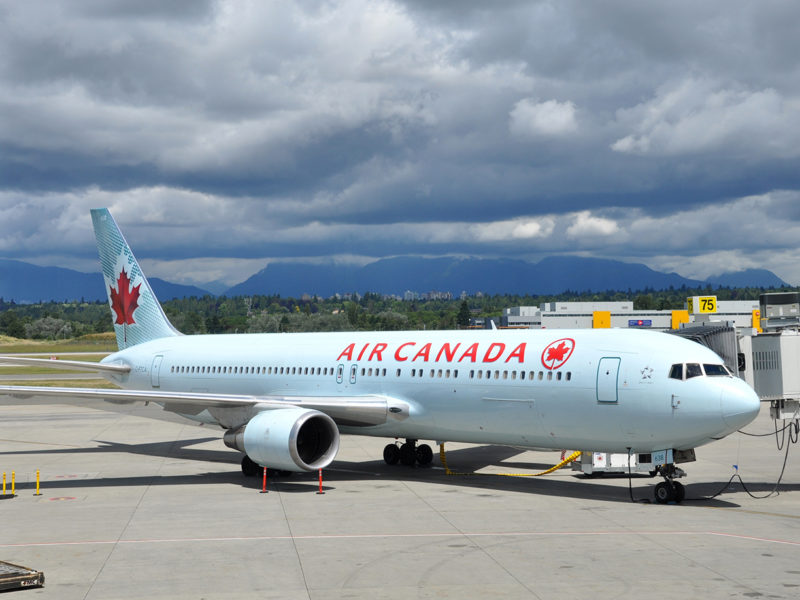With fewer air travellers, BC fruit heading overseas this summer face reduced cargo capacity and higher freight rates.
While carriers such as Air Canada have designated cargo services, many perishable products travel in the holds of regularly scheduled passenger jets. Those flights have been curtailed thanks as borders closed to fight COVID-19.
Reduced air capacity stalled incoming shipments of the bees needed to pollinate crops this spring. Now the mature fruit is set to feel the impact.
Reduced capacity means rates to key markets in Asia could be up about 25% this summer, says Brendan Harnett, CEO of Flying Fresh Air Freight in Richmond.
“They are going to be higher than last year, at least to begin the summer,” he explains. “Then the market [will be] based on demand and competition.”
International Air Transport Association (IATA) data indicated freight rates in May jumped versus a year ago. Rates to Shanghai were up 38%; freight to Beijing cost 41% more while rates to Hong Kong increased 13%. June brought some relief with Shanghai down 2% and Beijing down 4%. Hong Kong remained up 12% versus a year ago.
While the BC Cherry Association indicates that growers will be focusing on domestic markets, Harnett said demand in Asia seems to be strong in the wake of the region’s fight with COVID-19. He says demand for lobster and other luxury food items shows that Chinese consumers are willing to spend, promising good demand for cherries.
“We have had plenty of interest,” adds Ricky Chong, director of sales with Sutherland S.A. Produce Inc. of Kelowna. “The weather has been poor this spring across the northern hemisphere and crops in Spain were wiped out.”
With files from Tom Walker


 Top grape grower recognized
Top grape grower recognized